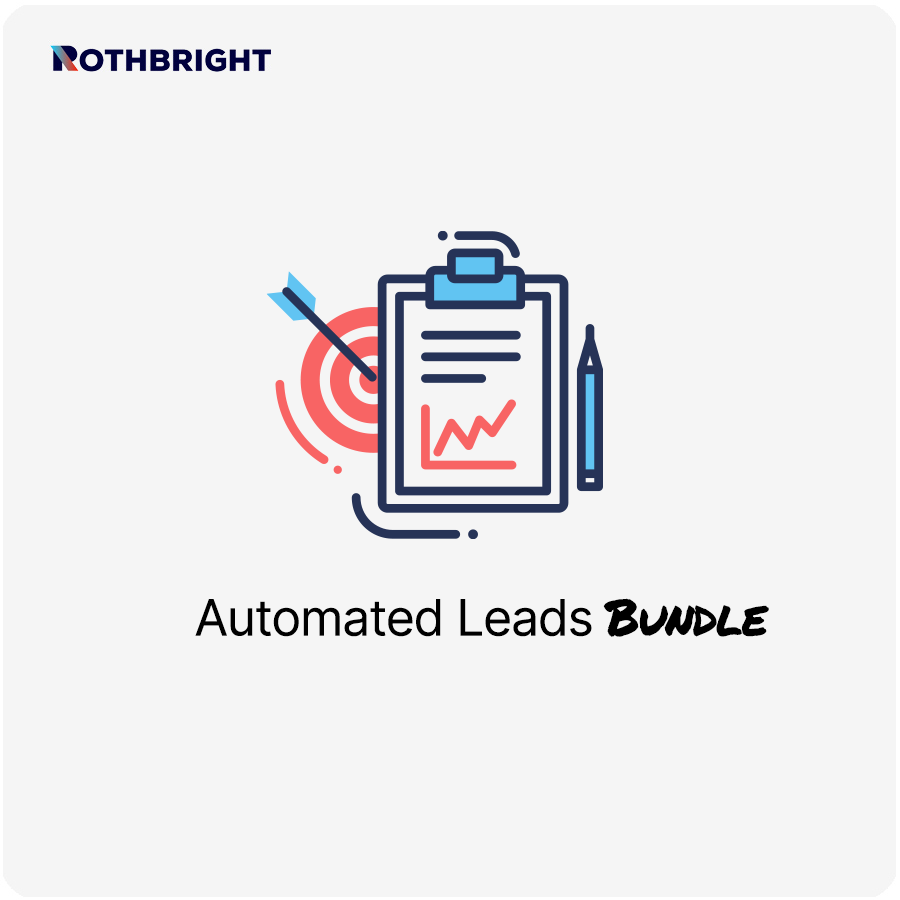Content development
Content development refers to the process of creating, planning, producing, editing, and publishing written, visual, or multimedia material for various purposes, such as websites, social media, marketing campaigns, educational resources, and more. Content development aims to engage the target audience, convey a message, and provide value, information, or entertainment. It involves the creation of text, images, videos, infographics, podcasts, and other forms of content that are relevant, informative, and appealing to the intended audience.
Key aspects of content development include:
-
Content Planning:
- Defining goals and objectives for the content.
- Identifying the target audience and their preferences.
- Conducting research to gather relevant information.
-
Content Creation:
- Writing clear, concise, and engaging written content.
- Designing visually appealing graphics, images, and infographics.
- Producing high-quality videos, animations, or podcasts.
- Developing interactive content like quizzes, polls, and surveys.
-
Content Editing:
- Reviewing and proofreading written content for accuracy and clarity.
- Editing multimedia content for quality, coherence, and relevance.
- Ensuring proper grammar, spelling, and punctuation.
-
Content Optimization:
- Optimizing written content for search engines (SEO) to improve visibility.
- Enhancing multimedia content for faster loading times and better user experience.
- Making content accessible to all users, including those with disabilities.
-
Content Publishing:
- Publishing content on websites, blogs, social media platforms, or content management systems (CMS).
- Scheduling posts to ensure consistent and timely delivery.
- Adhering to specific guidelines and formats for different platforms.
-
Content Promotion:
- Promoting content through social media channels, email newsletters, and online communities.
- Collaborating with influencers or partners to reach a broader audience.
- Utilizing paid advertising to boost content visibility.
-
Content Analysis:
- Analyzing content performance using analytics tools.
- Measuring key metrics such as views, engagement, click-through rates, and conversions.
- Gathering feedback from the audience and adjusting content strategies accordingly.
-
Content Maintenance and Updates:
- Regularly updating and refreshing evergreen content to keep it relevant.
- Monitoring content for accuracy and making necessary corrections.
- Ensuring that outdated or irrelevant content is removed or redirected.
-
Content Strategy Development:
- Developing a content strategy aligned with overall business goals.
- Identifying content topics, formats, and channels based on audience preferences and market trends.
- Creating a content calendar to plan and organize the publishing schedule.
Effective content development is essential for building brand awareness, engaging with the audience, driving website traffic, improving search engine rankings, and establishing thought leadership. Well-crafted and strategically planned content can contribute significantly to a business’s online presence and marketing efforts.
What does a content expert do:
A content expert, also known as a content strategist or content marketer, is a professional who specializes in developing and managing content strategies to meet specific business goals and objectives. Their role encompasses a wide range of tasks related to content creation, planning, distribution, and analysis. Here’s what a content expert typically does:
-
Content Strategy Development:
- Identify Goals: Determine the business objectives such as brand awareness, lead generation, customer engagement, or sales, and create a content strategy aligned with these goals.
- Target Audience Analysis: Research and understand the target audience, including their preferences, behavior, and needs, to tailor content accordingly.
- Competitive Analysis: Analyze competitors’ content strategies to identify opportunities and areas for differentiation.
- Content Calendar: Develop a content calendar outlining topics, formats, and publishing schedules to maintain consistency.
-
Content Creation and Management:
- Content Creation: Develop high-quality, engaging, and informative content in various formats, including articles, blog posts, videos, infographics, podcasts, social media posts, and more.
- Content Editing: Review, edit, and optimize content for clarity, accuracy, grammar, style, and SEO.
- Visual Content: Coordinate with designers and multimedia experts to create visually appealing graphics and videos.
- User-Generated Content: Encourage and curate user-generated content to foster community engagement.
-
Content Distribution and Promotion:
- Social Media Management: Develop and execute social media strategies to share and promote content across platforms like Facebook, Twitter, Instagram, LinkedIn, and others.
- Email Marketing: Utilize email campaigns to distribute newsletters, updates, and exclusive content to subscribers.
- Content Amplification: Use paid promotions, influencer collaborations, and partnerships to expand content reach and visibility.
- SEO Optimization: Optimize content for search engines to improve organic visibility and attract more organic traffic.
-
Content Analysis and Optimization:
- Analytics: Use analytics tools to track content performance, including metrics like website traffic, engagement, conversion rates, and social media interactions.
- Data Analysis: Analyze data to gain insights into user behavior, preferences, and content effectiveness.
- A/B Testing: Conduct A/B tests on headlines, visuals, and calls-to-action to optimize content for better results.
- Content Iteration: Based on data analysis, refine content strategies, and create new content iterations to improve performance.
-
Content Collaboration and Partnerships:
- Influencer Collaborations: Identify and collaborate with influencers and thought leaders in the industry to expand the content’s reach and credibility.
- Content Partnerships: Forge partnerships with other businesses or organizations for co-authored content, webinars, or joint marketing initiatives.
-
Content Governance and Compliance:
- Content Standards: Develop and enforce content guidelines, style guides, and best practices to maintain consistency and quality.
- Compliance: Ensure that content complies with legal regulations, industry standards, and ethical guidelines.
-
Industry Trends and Innovation:
- Stay Updated: Keep abreast of industry trends, emerging technologies, and content marketing innovations to incorporate fresh ideas and strategies.
-
Content Monetization (If Applicable):
- Monetization Strategies: Implement strategies to monetize content, such as premium content, subscription models, or affiliate marketing.
In summary, a content expert plays a crucial role in crafting, managing, and optimizing content to achieve business objectives. They utilize their expertise in content creation, distribution, analysis, and collaboration to enhance brand visibility, engage the audience, and drive business growth through compelling and effective content strategies.
Why is content development important for growth marketing purposes:
Content development is integral to growth marketing for several compelling reasons. Content serves as the foundation upon which many growth marketing strategies are built. Here’s why content development is crucial for growth marketing purposes:
-
Attracting and Engaging Audiences:
- High-quality, relevant content attracts potential customers to your website, social media platforms, or other online channels. Engaging content keeps visitors interested, encouraging them to explore further and interact with your brand.
-
Building Brand Awareness:
- Consistent and valuable content helps raise brand awareness. When people find informative or entertaining content that resonates with them, they are more likely to remember your brand and consider it when making purchasing decisions.
-
Establishing Authority and Thought Leadership:
- Well-researched and expertly crafted content positions your brand as an authority in your industry. Thoughtful content, such as blog posts, whitepapers, and guides, demonstrates your expertise, building trust with your audience and potential customers.
-
Driving Organic Traffic:
- Content optimized for search engines (SEO) helps improve your website’s visibility in search results. When your content ranks well for relevant keywords, it attracts organic traffic from users actively searching for information related to your products or services.
-
Encouraging User Engagement and Interaction:
- Interactive content, such as quizzes, polls, and contests, engages users and encourages them to interact with your brand. Engaged users are more likely to share your content, leading to increased brand exposure.
-
Supporting Social Media Marketing:
- Engaging and shareable content forms the basis of successful social media marketing campaigns. When your content resonates with your audience, they are more likely to share it, extending your reach and increasing your social media following.
-
Enabling Personalization:
- Content allows you to tailor your marketing efforts based on user preferences and behavior. Personalized content, such as targeted email campaigns or product recommendations, enhances user experience and boosts conversion rates.
-
Facilitating Lead Generation:
- Valuable content, such as ebooks, webinars, or downloadable resources, can be offered in exchange for user information, enabling lead generation efforts. By providing valuable content, you attract potential customers and collect data for future marketing efforts.
-
Driving Conversions:
- Persuasive and informative content guides potential customers through their buyer’s journey, addressing their concerns and providing solutions. Content can be optimized to include calls-to-action (CTAs) that drive conversions, such as making a purchase, signing up for a newsletter, or requesting a demo.
-
Supporting Retention and Loyalty:
- Content isn’t just for attracting new customers; it’s also vital for retaining existing ones. Regularly updated and valuable content keeps your audience engaged, encourages repeat visits, and fosters brand loyalty.
-
Measuring and Iterating Strategies:
- Content performance metrics, such as website traffic, engagement, conversion rates, and social shares, provide valuable data for growth marketers. By analyzing these metrics, marketers can refine their content strategies, focusing on what works best to drive growth.
In summary, content development plays a pivotal role in growth marketing by attracting and engaging audiences, building brand awareness, establishing authority, driving organic traffic, encouraging user interaction, enabling personalization, facilitating lead generation, driving conversions, supporting customer retention, and providing valuable data for strategy refinement. A well-executed content strategy is essential for sustainable and scalable growth in the digital landscape.





